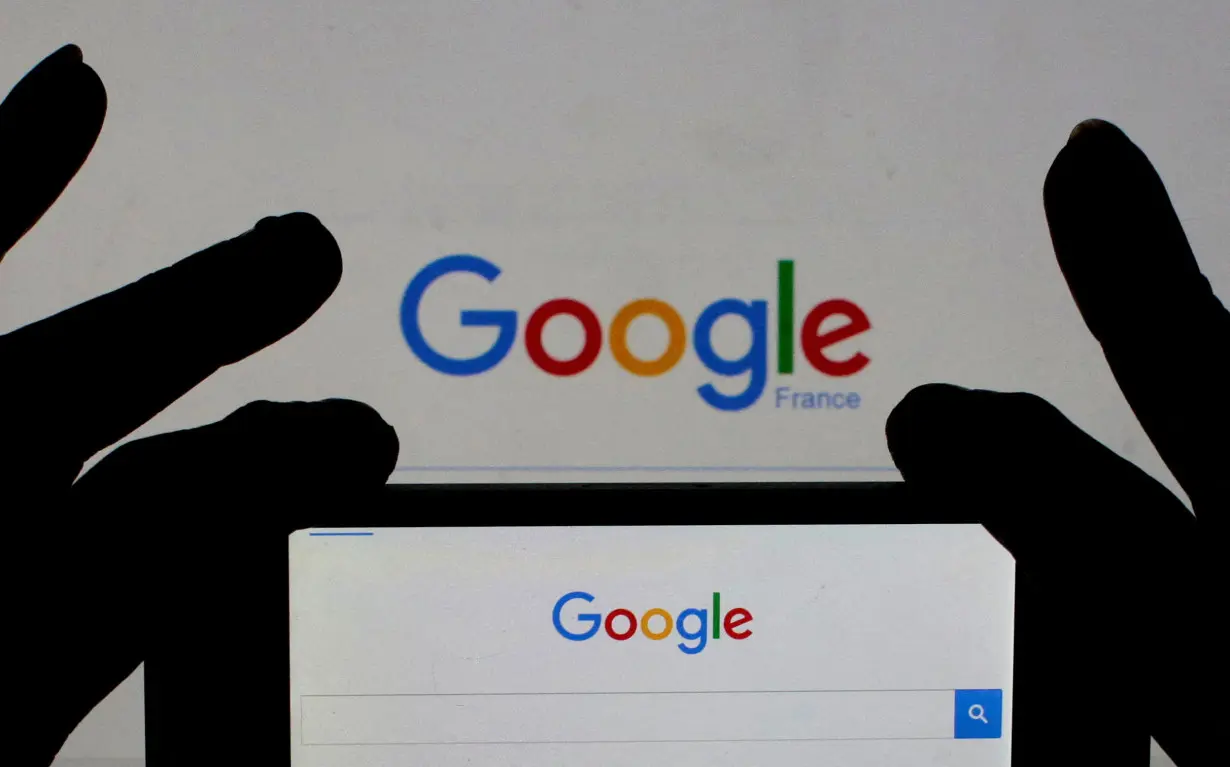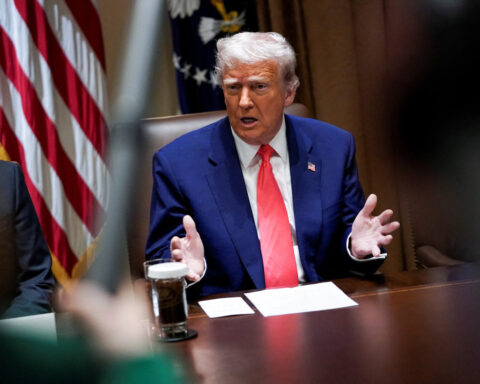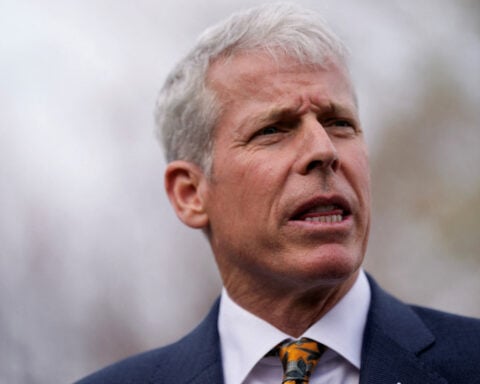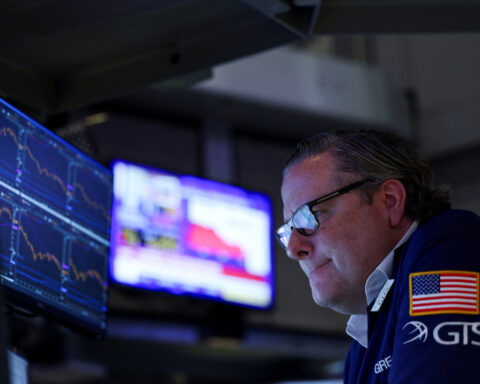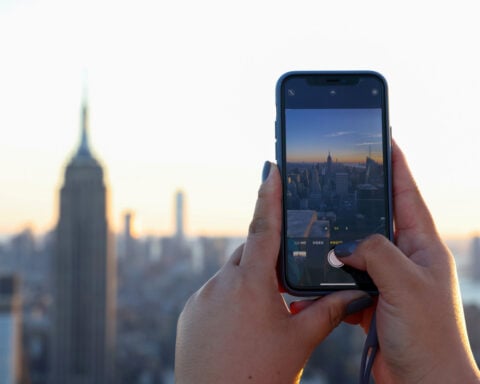By Diane Bartz
WASHINGTON (Reuters) - The CEO of privacy-oriented search engine DuckDuckGo said its talks with Apple about a potential contract failed because of Google's multibillion dollar deals with the smartphone maker, transcripts of a landmark antitrust trial of the Alphabet unit showed.
Gabriel Weinberg, who also founded the company, testified on Sept. 21 on the effect on DuckDuckGo of Google's $10 billion in annual payments to smartphone makers and others to keep its search engine as the default on computers or mobile devices.
Some of his testimony took place outside of public view.
A redacted transcript unsealed late on Wednesday showed DuckDuckGo had struck a deal with Apple in 2014 to be shown as an option on Apple devices. Soon after, DuckDuckGo began pressing Apple to be made the default choice for users who wanted to work in privacy mode, which limited data collected on the user.
App makers seek to be the default in their area, whether it be search or maps or anything else, because many users are unable or reluctant to change defaults.
Weinberg said Apple seemed "really interested" in 2016, and executives of the two companies had meetings in 2017 and 2018 to discuss the shift to DuckDuckGo as the default in privacy mode. DuckDuckGo has about 2.5% of the search market, he testified.
In those meetings, Weinberg said, Apple executives would bring up the concern that its distribution agreements with Google may bar the change.
The Justice Department has said that Google, which has some 90% of the search market, pays some $10 billion annually to Apple, other smartphone makers and others to be the default search. That clout in search has made Google a heavy hitter in the lucrative advertising market, boosting its profits.
In 2019, Apple decided not to go through with the change and the potential deal died, Weinberg said.
Weinberg said he had made similar proposals to Samsung and others and was also rebuffed.
"Each of these companies' Google contract was the key thing preventing us from getting a deal done with them," he added.
(Reporting by Diane Bartz; Editing by Richard Chang)

 Trump has begun another trade war. Here's a timeline of how we got here
Trump has begun another trade war. Here's a timeline of how we got here
 Canada's leader laments lost friendship with US in town that sheltered stranded Americans after 9/11
Canada's leader laments lost friendship with US in town that sheltered stranded Americans after 9/11
 Chinese EV giant BYD's fourth-quarter profit leaps 73%
Chinese EV giant BYD's fourth-quarter profit leaps 73%
 You're an American in another land? Prepare to talk about the why and how of Trump 2.0
You're an American in another land? Prepare to talk about the why and how of Trump 2.0
 Chalk talk: Star power, top teams and No. 5 seeds headline the women's March Madness Sweet 16
Chalk talk: Star power, top teams and No. 5 seeds headline the women's March Madness Sweet 16
 Purdue returns to Sweet 16 with 76-62 win over McNeese in March Madness
Purdue returns to Sweet 16 with 76-62 win over McNeese in March Madness
